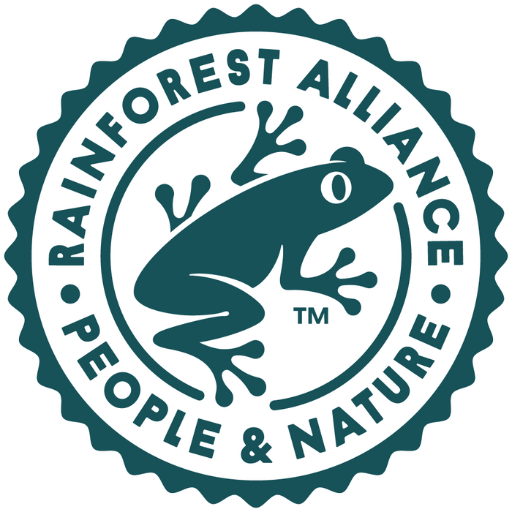Thailand is becoming an increasingly popular tourist destination, having been a hotspot for gap year travellers for many years.
It is also something of a major hub in terms of coffee production, specialising in the growth of Robusta beans.
But what is the current state of agricultural sustainability in the country? What does the future look like for the growers of green coffee?
The history of Thai coffee
Prior to the 1970s, many farmers in Thailand made a living from growing opium poppies, thereby getting most of their income from the drugs trade.
However, in 1969, King Bhumibol Adulyadej introduced an opium replacement scheme to encourage farmers to grow other crops – such as coffee – instead.
Robusta beans were already being produced in the south of the country, but following this, Arabica coffee began to be grown in the north too.
During the 1990s, sourcing both varieties from Thailand became a more popular practice, leading to high-quality Thai coffee gaining international recognition and showing local farmers this could be a much more wholesome product to grow than opium.
Today, Thai iced coffee has become something of a trendy beverage, with an almost glamorous air surrounding it, suggesting that the country's coffee-growing sector is as popular as ever.
Thailand's agricultural sustainability
But just how sustainable is bean growing in Thailand and how does the current state of agriculture in the country affect this?
As the history of coffee growing in the region shows, the price of beans in Thailand needs to remain at a substantial level to ensure farmers can maintain a sustainable income.
Conditions in the country are suitable for producing green coffee beans, but with Thailand's position meaning it can be prone to natural disasters such as the 2004 tsunami in the Indian Ocean, the region's agricultural landscape faces the threat of being wiped out.
However, looking more widely at the country as a whole, there are a number of prevalent issues that could potentially affect agricultural sustainability within the country, possibly having a knock-on impact on the wellbeing of farmers.
For instance, it is estimated 50 per cent of Thailand has experienced deforestation over the past decade, leading to something of an epidemic. However, farmers are encouraged to plant trees and crops native to the region to enable them to maintain sustainable levels.
Many growers take home a low wage despite the popularity of Thai coffee and cannot afford specialist equipment to help them in their work, while many with small lots often do not have access to technical training to assist them in crop management, pest control, harvesting and coffee bean processing.
Throughout the world, cooperative schemes can be a lifeline for small coffee growers, but more work needs to be done to establish these to a high standard in Thailand.
Despite these issues, some Thai coffee growers have made the decision to become independent, setting up the popular Doi Chaang brand to work towards ensuring their own sustainability.
This was set up after farmers in the north got tired of selling their beans on for a small price to dealers. Therefore, they now sell them directly to roasters, ensuring they get a fair price and can guarantee a certain degree of financial sustainability for themselves, which is something we at DR Wakefield feel very passionately about.
Doi Chaang makes up a significant proportion of Thailand's coffee growers, with around 800 families currently living within a village dedicated to producing goods for the brand.
What does the future look like for Thai coffee?
Despite the issues the agricultural and coffee-growing communities of Thailand may face, support is available for farmers in the region to help them to deal with any sustainability problems that may arise, such as within the Doi Chaang community or from cooperatives.
In addition, Nescafe works within the country to enable lower costs for farmers and improve their profits, while continuing to farm in a responsible manner.
The brand has assisted farmers in identifying which of their beans are best to ensure they are concentrating on growing the products that will give them the highest price when it comes to selling them.
Overall, it appears Thailand is thriving as a coffee-producing location, with the area increasing in popularity, which is good news for the country's sustainability.









